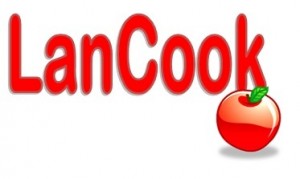Online assessment and linguistic support for mobility of individuals under the Erasmus+ Programme
 The EC launches an open call for tenders for the provision of a centralised online service to assess, monitor and support linguistic competences of individuals participating in mobility actions financed by the Erasmus+ Programme, which will start in January 2014.
The EC launches an open call for tenders for the provision of a centralised online service to assess, monitor and support linguistic competences of individuals participating in mobility actions financed by the Erasmus+ Programme, which will start in January 2014.
For more information and to get access to the tender documents, click here.
Open call for tender EAC/24/2013 – Online assessment and linguistic support for mobility of individuals under the Erasmus+ Programme
Deadline: 24 February 2014
The European Commission launches an open call for tenders for the provision of a centralised online service to assess, monitor and support linguistic competences of individuals participating in mobility actions financed by the new Programme for education, training, youth and sport (Erasmus+), which will start in January 2014.
The call for tender will aim to select 1 or 2 provider(s) to supply and manage the following services:
- online assessment of language competences (lot 1), and
- online language courses (lot 2).
The tender documents are currently available in English; the French and German versions will follow.
Documents






/https%3A%2F%2Fprofilepics.canalblog.com%2Fprofilepics%2F1%2F0%2F1076071.jpg)